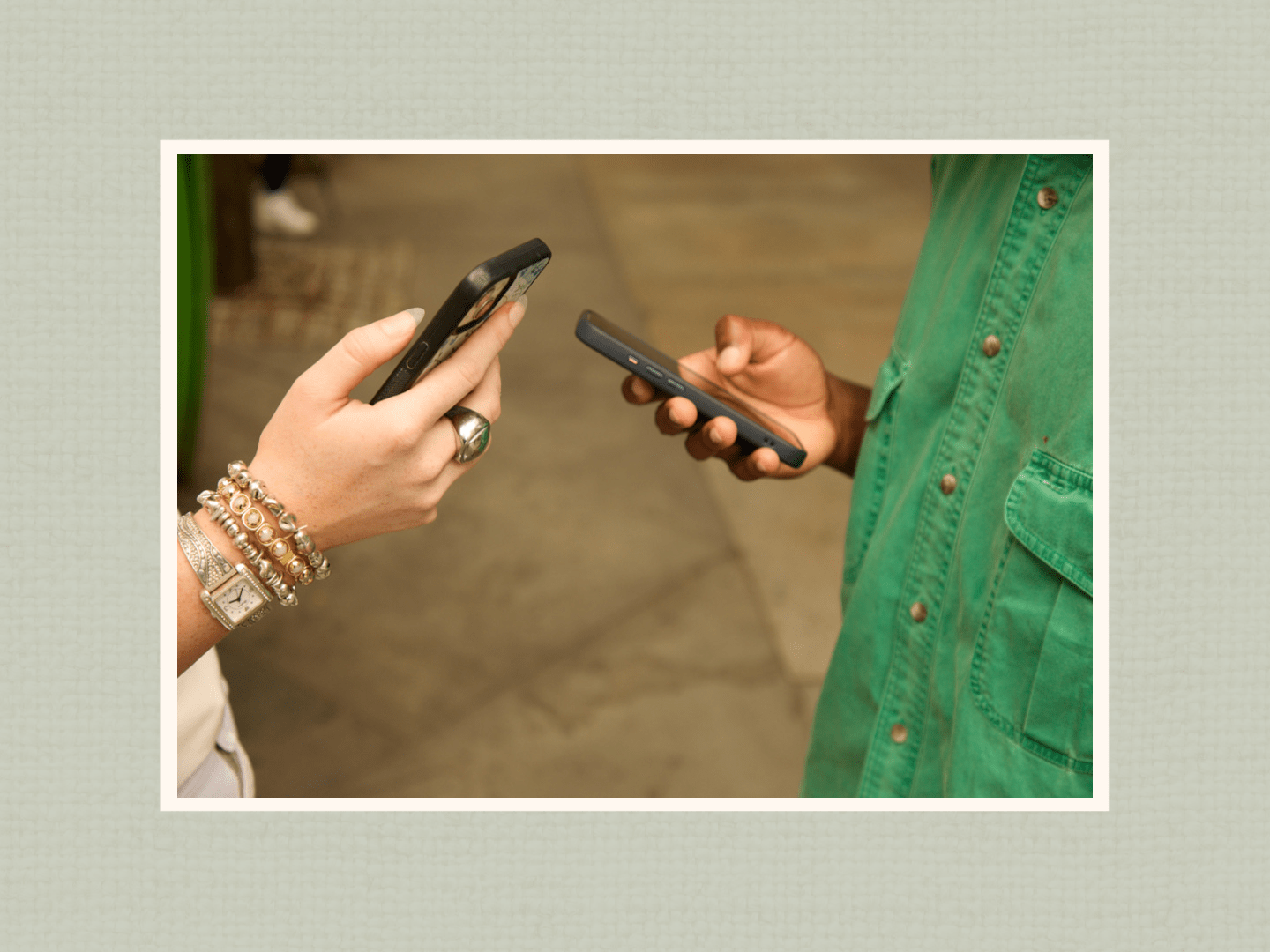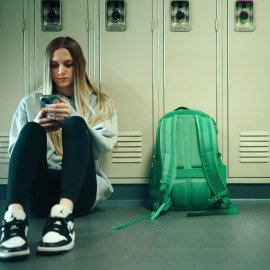Dear School Administrators,
You say it’s for our own good — but banning phones in school misses the point. For teens in 2025, our phones aren’t just distractions; they’re planners, tools, and lifelines to the outside world. Taking them away doesn’t solve problems, it creates new ones.
Let’s start with what should be the most urgent priority: safety. Since Pre-K, we’ve crouched behind bookshelves and desks, locked classroom doors, and stayed silent in the dark during lockdown drills to practice for the unthinkable. While law enforcement claims that phones “distract children from remaining focused” during emergencies, in a country where school shootings are heartbreakingly common, communication during an emergency is a lifeline, not a luxury. Asking students to lock away the device that could connect them to their families or first responders is dangerous. And when society still hasn’t taken real action to prevent gun violence, banning our phones — the only connection we might have in a moment of crisis — feels like a complete misalignment of priorities.
I’m not denying that phones can be distracting. And yes, some studies suggest that phone-free classrooms can help students improve focus. However, phones are critical to how we stay connected, informed, and in control of our day-to-day lives.
So much of our daily school and extracurricular infrastructure is now online: teachers post assignments on Google Classroom, the vast majority of our textbooks and classroom materials are online, and after school clubs communicate through text chains or messaging apps. Even our daily morning announcements are posted on Instagram. We need our phones to know when sports practices are canceled, to organize carpools, or to figure out where to meet friends. Administrators may think we’ll “just talk to each other” like it’s 1983, but that’s no longer the world we live in. Our phones aren’t keeping us from real life; they’re a key part of how we navigate it.
Even Rice University’s Vikas Mittal, in a piece supportive of restrictions, admits that cell phones “offer a measure of safety,” “expose students to academic information,” and provide “individualized learning platforms.” Banning them outright ignores all those benefits, especially for students who use phones responsibly or rely on them for learning, support, translations, or digital tools.
Let me be clear: I understand the intent behind limiting phone use. No one wants students scrolling through TikTok during Algebra. But effective policies need nuance and balance, not blanket bans. Give teachers the power to manage their classrooms. Let students check phones during lunch or after they finish all of their classwork. Don’t make a rule that assumes every student is an addict, every teacher is powerless, and every ping is a distraction. Schools should be preparing us for real life — and in real life, we need to know how to manage our tech, not pretend it doesn’t exist.







